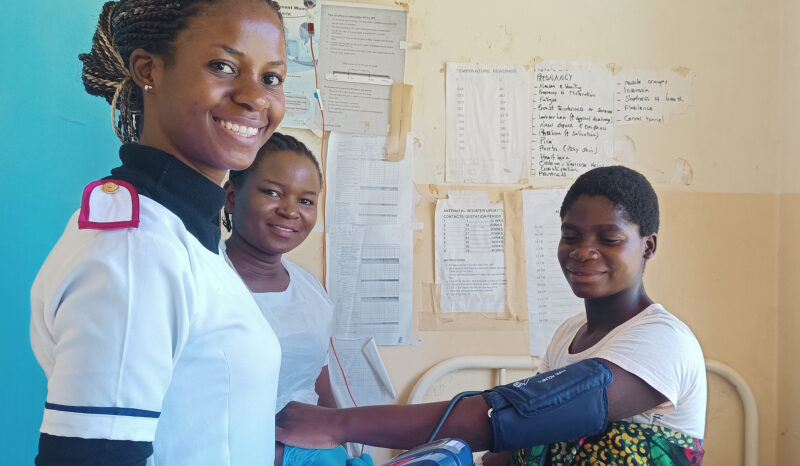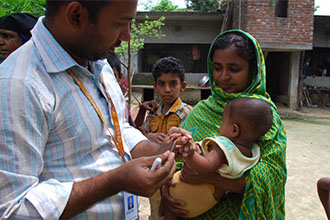Prof Kamija Phiri, Principal Investigator, Training and Research Unit of Excellence, College of Medicine
Prof Sant-Rayn Pasricha, Principal Investigator, Infection and Global Health Division, WEHI
Dr Martin Mwangi, Trial Manager, Training and Research Unit of Excellence, College of Medicine
Dr Glory Mzembe, Team Coordinator, Training and Research Unit of Excellence, College of Medicine
Dr Ernest Moya, Trial Manager, Training and Research Unit of Excellence, College of Medicine
Dr Owen Mtambo, Data Lead, Training and Research Unit of Excellence, College of Medicine
Justina Kaunda, Data Officer, Training and Research Unit of Excellence, College of Medicine
Dr Louise Randall, Phase Study Manager, Infection and Global Health Division, WEHI
Dr Ricardo Ataide, REVAMP Trial Manager, Infection and Global Health Division, WEHI
A/Prof Sabine Braat, Senior Biostatistician, Infection and Global Health Division, WEHI
Dr Rebecca Harding, Trial Statistician, Infection and Global Health Division, WEHI
Dr Alistair McLean, Trial Statistician, Infection and Global Health Division, WEHI
Naomi Von Dinklage, Program Coordinator, Infection and Global Health Division, WEHI
Dr Peter Simm, Paediatric Endocrinologist and Honorary Fellow, Hormone Research, Murdoch Children’s Research Institute
Dr Katherine Fielding, Clinical Haematologist and PhD student, Infection and Global Health Division, WEHI








